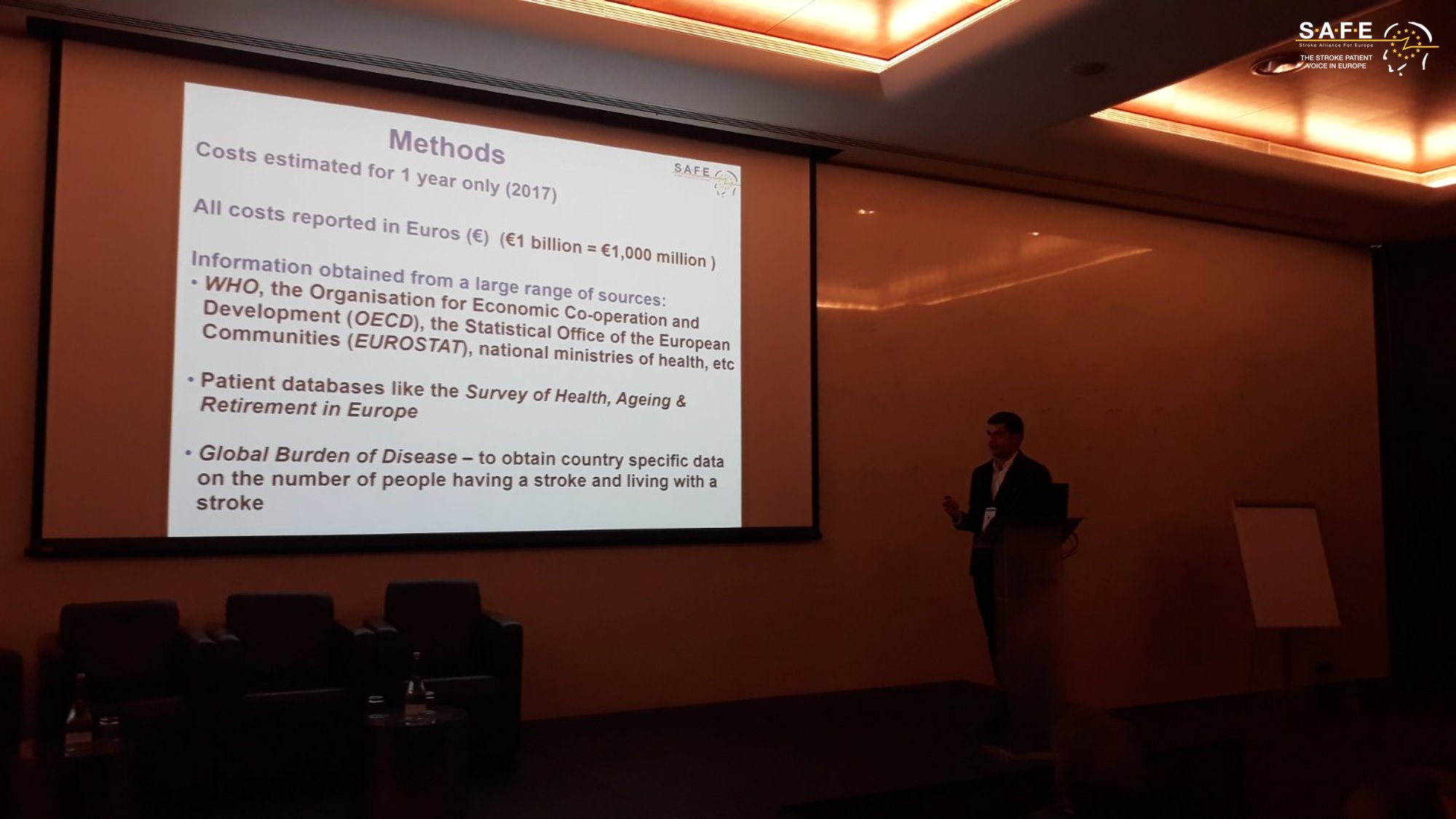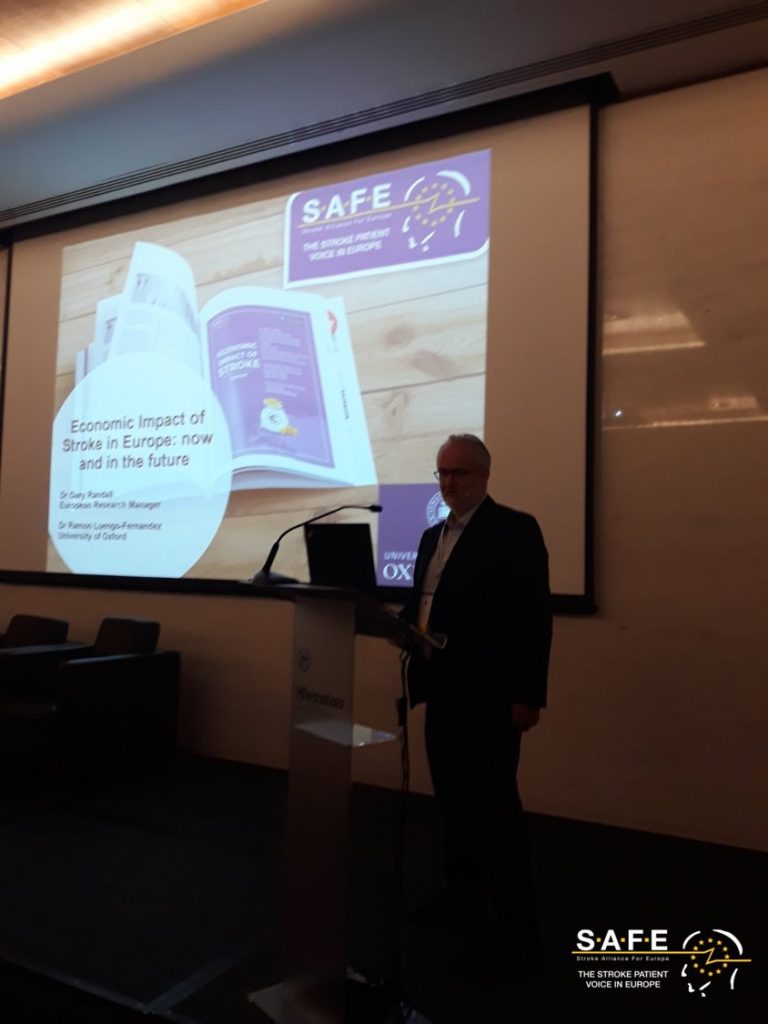And since we have NO LEADERSHIP IN STROKE, no one is recognizing that by using a fraction of those costs stroke could be solved. By creating a strategy and following thru on that strategy. This is not rocket science, just business 101. No stroke strategy, NO SOLUTION. We can't let stroke researchers do willy-nilly research, they need to be following a defined strategy that will create stroke rehab protocols with efficacy ratings. Not doing this is pure incompetence on any supposed stroke leader.
Full costs of stroke in 32 European countries is €60 billion, says latest SAFE research
In 2017, nearly 1.5 million people suffered a stroke, nine million Europeans lived with a stroke, and more than 430,000 people died due to a stroke in the 32 countries in a new study. The total annual costs for stroke were over €60 billion, a figure revealed by the Economic Impact of Stroke in Europe Report, funded by the Stroke Alliance for Europe (SAFE) and undertaken by a health economics team from the University of Oxford.“We know stroke shatters lives. This latest evidence clearly demonstrates its ability to shatter entire economic systems if the business as usual approach continues” said Arlene Wilkie, SAFE Director General confirming the first part of the Economic Impact of Stroke in Europe report being published in the European Stroke Journal.
SAFE delegates at the Working Conference held in Porto today had an exclusive opportunity to hear first-hand about this research and its most important findings from Ramon Luengo Fernandes, research lead on behalf of the University of Oxford and Gary Randall, SAFE’s Research Manager and volunteer.

Ramon Luengo Fernandes, University of Oxford
Previously, in 2015, the overall cost of stroke for the European Union was estimated to be €45 billion. However, that study did not include nursing or residential care home costs, which may have biased the estimated costs of stroke downwards because evidence has shown that when a stroke happens, the survivor often needs to be placed in a specialised institution for further care, for example in a nursing home.

Gary Randall, SAFE Research Manager
Further work commissioned by SAFE will estimate the number of people having, living and dying from stroke in 2030, 2035 and 2040, and how these changes will impact the economic costs of stroke across the 32 European countries in the study. These findings will be revealed in May 2020.
“The Economic Impact in Europe Report provides persuasive arguments for stroke to be considered as an investable proposition. We hope we have brought enough hard evidence for our partners, medics, researchers and policy decision makers to see the clear potential for investment in stroke prevention, treatment and life after stroke as a way for saving more lives and reducing future costs” concluded Arlene Wilkie.
This Report was made possible through educational grants from the following organisations: Boehringer Ingelheim, Amgen, Allm and the BMS-Pfizer Alliance.
No comments:
Post a Comment